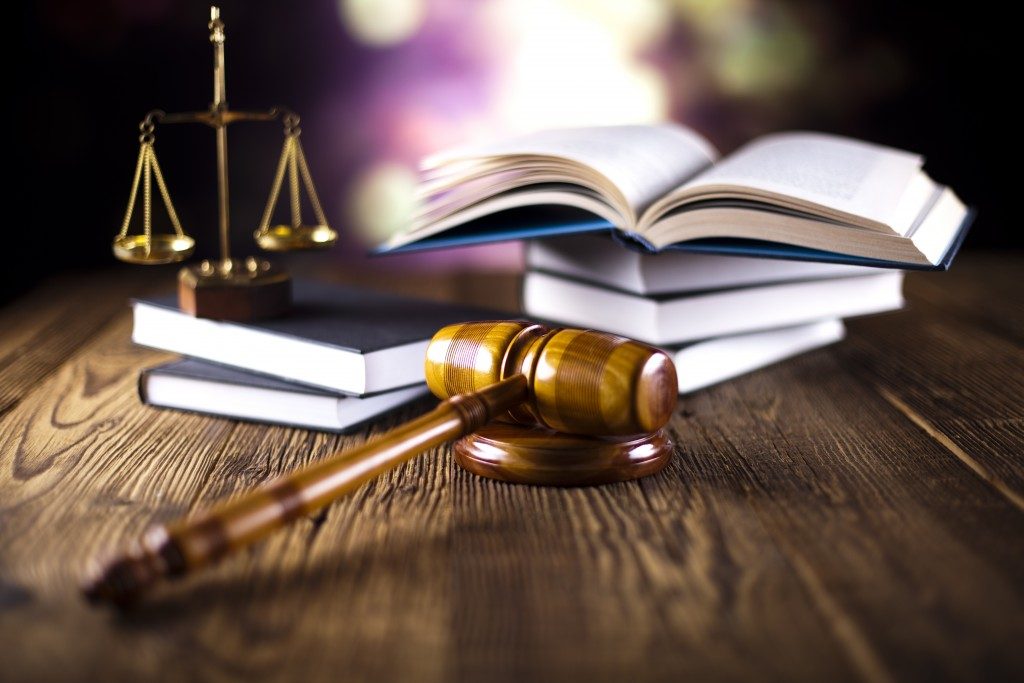 A lot of us will require legal assistance at some point in our lives. The legal profession is composed of practitioners with distinctive roles. In Australia, some of these roles even vary per state.
A lot of us will require legal assistance at some point in our lives. The legal profession is composed of practitioners with distinctive roles. In Australia, some of these roles even vary per state.
Here some insights into the country’s legal professions:
Lawyer
Lawyers are people admitted in the Supreme Court of any Australian state, and not all of them practise law. As long as they are admitted in a Supreme Court, anyone who practises, no longer practises or has never practised law can be described as a lawyer.
Australian Legal Practitioner
An Australian Legal Practitioner is a lawyer who has a practising certificate and is practising law. A legal practitioner is also authorised to witness a statutory declaration.
Solicitors and Barristers
Solicitors mostly work outside of the court. They are involved in their clients’ daily legal affairs, such as giving legal advice, drafting court documents and drafting contracts.
Barristers represent people in court and specialise in pleadings and court-related work. When solicitors’ clients needs legal representation, they may call upon barristers, making them the barristers’ client instead of the party with the legal issue.
The meaning and specific role of solicitors and barristers vary per state. The roles of solicitors and barristers are fused in other Australian states, but they are split in Victoria, Queensland and New South Wales. For example, a solicitor in Townsville can prepare the court documents and employ a barrister to plead on behalf of the client, since Queensland draws distinctions between these two.
Attorney
The word is commonly used in family law or succession law to refer to an individual’s legal representative. An attorney can be any trusted person or family member who assumes a role for another person. In Queensland, it has to be someone at least 18 years old, who is not your health provider, residential service provider and paid carer. A lawyer can be an attorney if requested by a client.
Justice of the Peace (JP) and Commissioners for Declarations (Cdec)

Commissioners for Declarations (Cdecs) and Justices of the Peace (JPs) are legal officers who volunteered to sign documents that require a qualified witness. In some states, volunteers only need to meet certain qualifications to be awarded these titles, while they need to undergo training in others. By presiding over lower-level judicial procedures, they allow lawyers and courts to focus on complex legal matters. Anyone can volunteer and these titles are not restricted to lawyers.
Notary Public
A Notary Public has to be a lawyer recognised by his or her peers and has at least 10 years of experience. Notaries witness, certify, legalise, or affix an Apostille to documents that can be used anywhere in the world. They can process documents that are not in English, although they may ask for a translation.
Understanding the law is important, but understanding the distinction among legal professionals is just as vital. You should know the right person to contact when you need legal service. Otherwise, you may end up with more issues than the one you needed help with.

